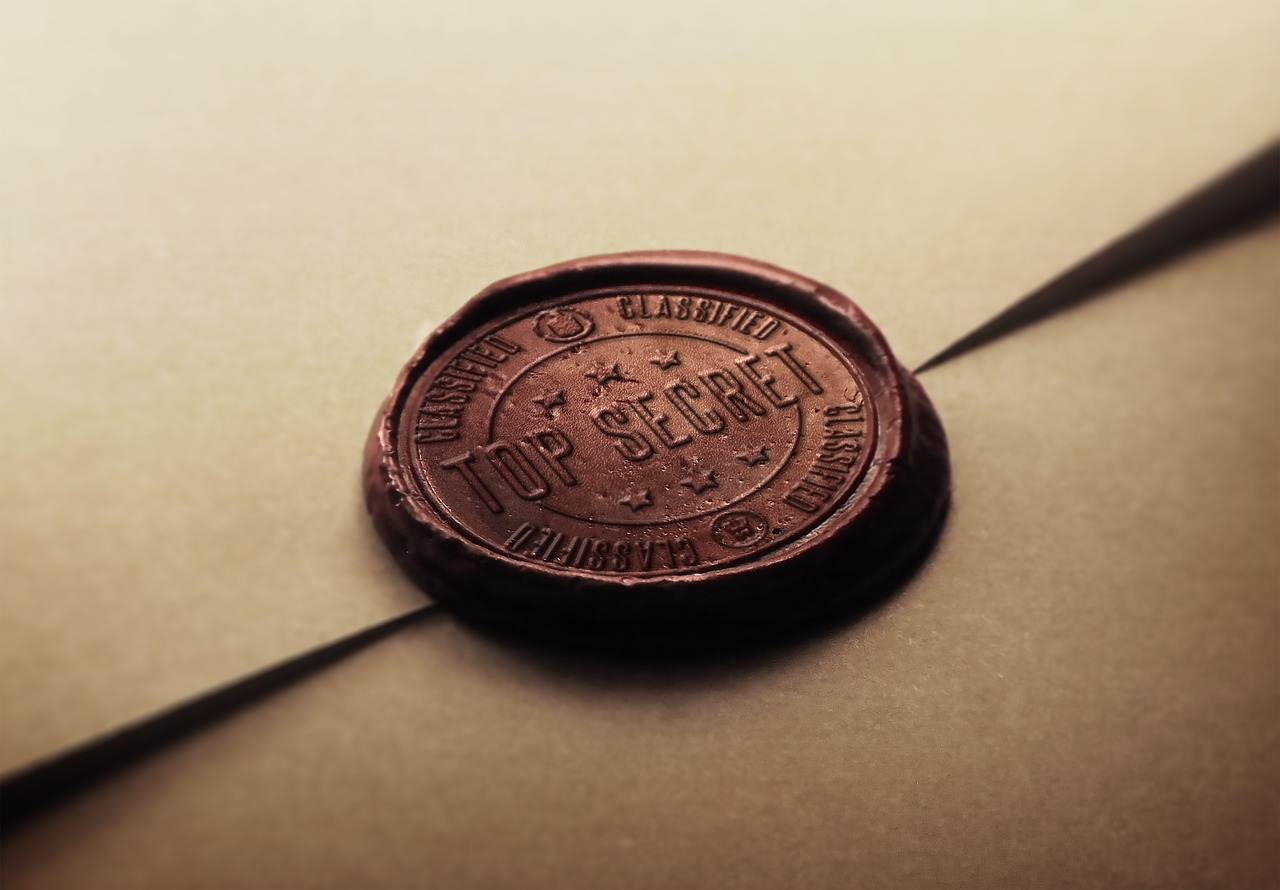The definition of confidential information is broad.
It includes ideas, plans, trade secrets, technology, client lists, notes, software codes, techniques and reports – generally any commercially valuable information.
Exceptions
Information is not considered confidential if, for example;
- it is in the public domain;
- it is information received from a third party who was entitled to disclose it; or
- the law requires it to be disclosed.
Why use a confidentiality agreement?
A confidentiality agreement creates contractual obligations between the parties and prevents the sharing of confidential and/or sensitive information. The agreement should define:
- the parties;
- the type and scope of the information that is considered confidential;
- approved use and disclosure of the information;
- the parties’ obligations after the agreement ends (such as the destruction of documents); and
- remedies for breach of the agreement.
The confidentiality requirement may be one way or mutual.
Examples of how a confidentiality agreement protects a party
New product or process:
A product or process is invented, and the novelty or newness of the product or process is protected until a patent is granted
New design:
A new design is to be applied to a product, and the novelty or newness of the design is protected until the design is registered.
Trade secrets:
An employee is prohibited from using trade secrets to benefit themselves or their next employer. Likewise, a contractor or consultant may not use trade secrets for their own benefit.
What should be in a confidentiality agreement?
A confidentiality agreement should include:
- the correct legal names of the parties;
- the address of each party;
- if the party is a company, its ACN;
- a definition of “confidential information”; and
- a clearly expressed obligation that the confidential information must not be disclosed, unless it is disclosed for a specified purpose or under a legal obligation;
It may also include:
- a time period for which the agreement applies;
- a requirement for one party to notify the other party of any misuse of confidential information; and
- a requirement for the return or deletion of any confidential information received in error.
Breaches of confidentiality agreements
To establish a breach of confidence in relation to information, four elements must be satisfied:
- there must be an obligation that the information be kept confidential;
- the information had the necessary quality of being confidential;
- the use and/or disclosure of the information was not authorised in the circumstances; and
- the use and/or disclosure of the information resulted in a non-disclosing party suffering damages.
Remedies for a breach
The usual remedy for breach is an injunction to prevent further disclosure or to prevent the recipient from taking advantage of the information unfairly; as well as damages for any loss incurred.
The discloser should act quickly to restrain the breach.
Confidentiality in a settlement agreement
A settlement agreement commonly contains a confidentiality clause that relates to information a person could access during their tenure in a particular role (such as an employee or director).
The terms may protect confidential information in, for example, the negotiations or behaviour of a party leading to the settlement, or the terms of the agreement.
When you need help
Gibbs Wright Litigation Lawyers can help you negotiate and draft a confidentiality agreement that is both effective and enforceable.
Contact us today for a consultation about your legal rights and options.




